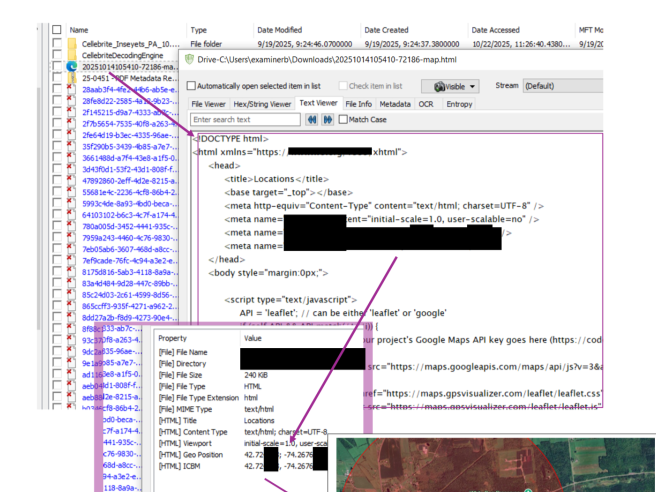The reach of electronic discovery expands exponentially year after year. This should come as no surprise, considering the staggering amount of electronic information being generated daily by organizations and individuals. Given the prevalence and magnitude of electronically stored information (ESI) in today’s litigation, law firms and corporations are faced with the question of whether to outsource their ESI needs or to deal with them in-house.
Here are some compelling reasons for outsourcing your eDiscovery practice:
ExpenseFor an in-house litigation support department to be successful, it must be able to collect, ingest, index, search, report, analyze, set up a review, and produce various forms of electronic data. Besides the considerable expense of software and hardware, the department will need to find, recruit, hire, train, and maintain a staff to perform all these projects. Obtaining and maintaining the correct staff for these departments will be your biggest hurdle as the strength of litigation support stems from the professionals working the software. Keeping your systems on the cutting edge to deal with the latest technological advancements and keeping your staff trained on these new systems will also be an ongoing expense. Coupling these expenses with the sporadic nature of the work (see #2), it’s no surprise that many in-house litigation support departments barely break even or may even lose money.
Consistency
Once you have all the parts up and running, will you have enough work to keep everyone gainfully employed day in and day out? An internal department will only be as busy as the case load requiring their services. And, since litigation cases have a lifespan that ends, along with the revenue, when your cases wrap up, will you be able to replace them and maintain the same amount of work?
RisksComputers fail and people make mistakes. Anyone that hasn’t experienced mistakes, missteps, or hardware/software failure during an ESI project hasn’t been doing it very long or, even worse, they’re making mistakes they don’t know they’re making. A failure during any part of an ESI project can be spun by your opponent as an overt, nefarious act designed to hide the smoking gun. This “they did it on purpose” argument is easier for your opponent to sell if your firm’s internal department made the mistake. When the inevitable mistake or glitch happens, wouldn’t you want to be insulated by a neutral third-party vendor?
Technology
By outsourcing your eDiscovery, you do not have to invest in the latest technology, as well as the maintenance of that technology. Well established and experienced eDiscovery providers, make the investments in the best available technology, and properly vet, maintain, and manage upgrades as that technology is crucial to their success.
Experience
Litigation support vendors have experience working with projects of all sizes and scopes, i.e., they’ve seen it all. It’s their job to have the bench strength to handle projects that don’t necessarily fit into a standardized workflow. The likelihood of your organization having that same level of experience is slim. By relying on a vendor’s experience and expertise, you can spend more time focusing on the legal aspects of your matter and not waste time working through highly complex issues with ESI.
For these and many other reasons, when it comes to managing ESI, your best option is (probably) not to do the work in-house. So, if you’d like to schedule a conversation with one of Avalon's experts to discuss outsourcing your eDiscovery needs to our team, contact us today.



